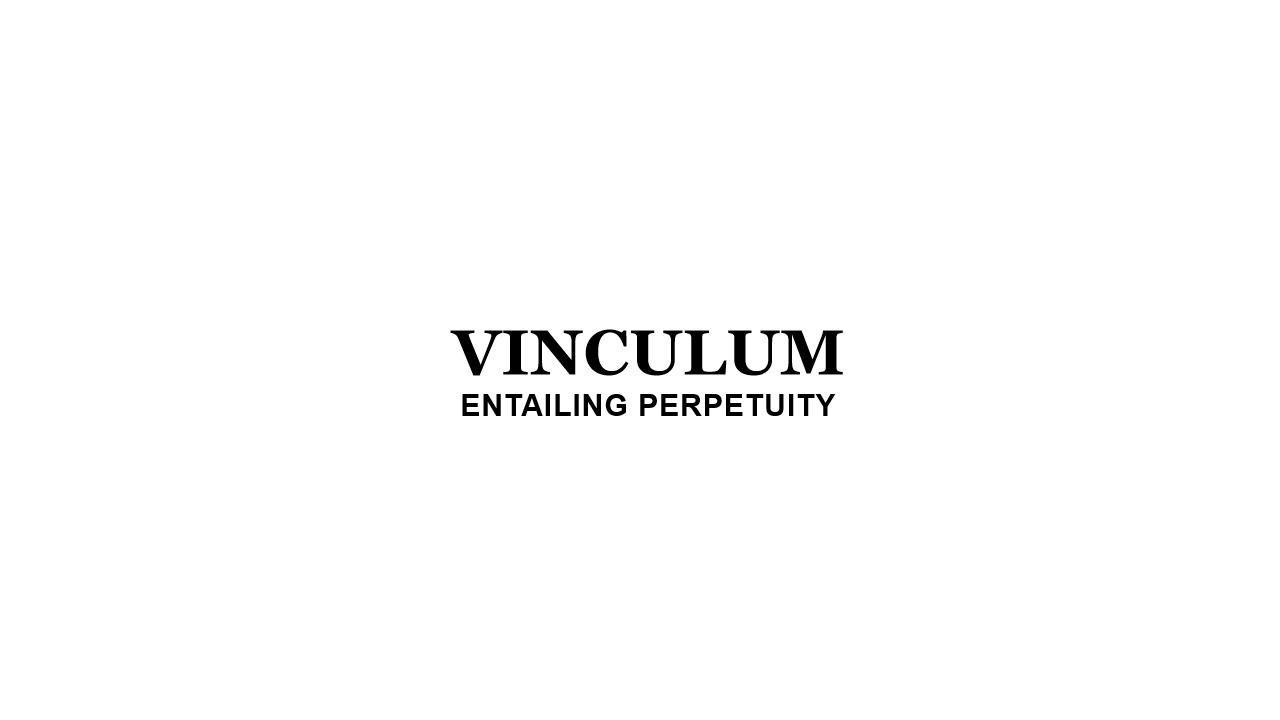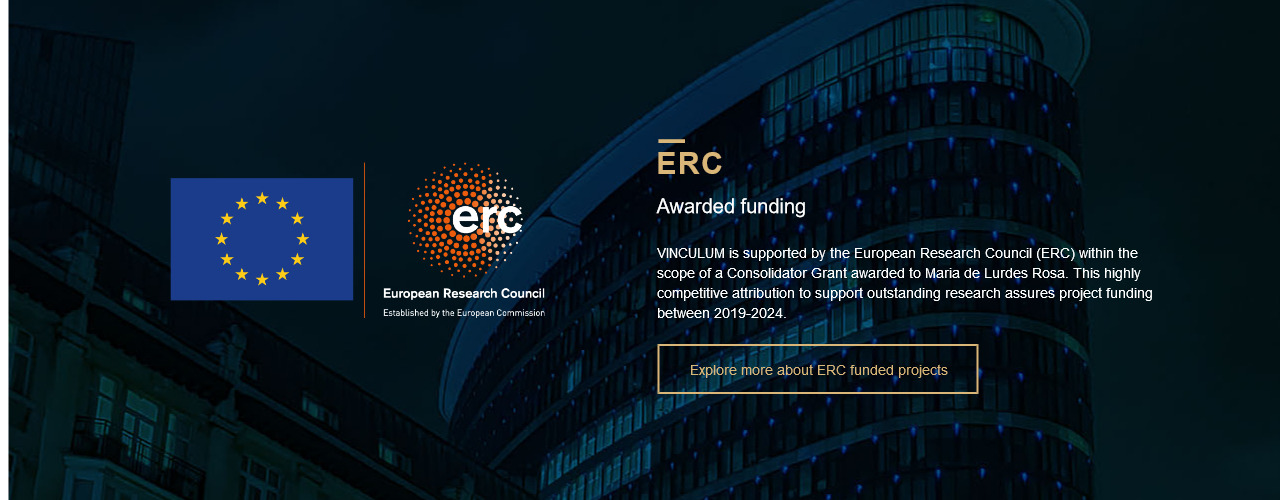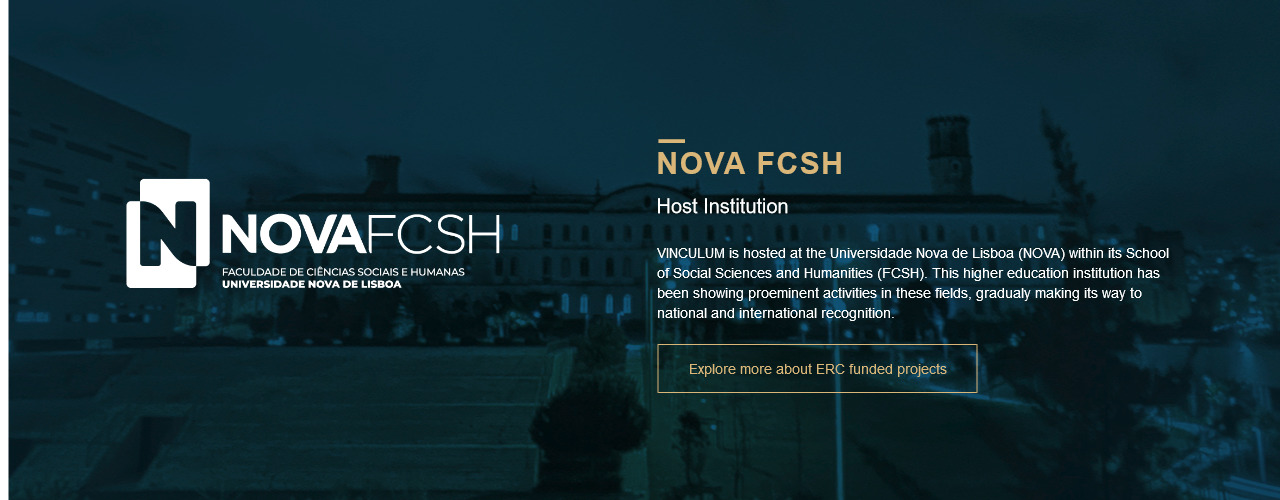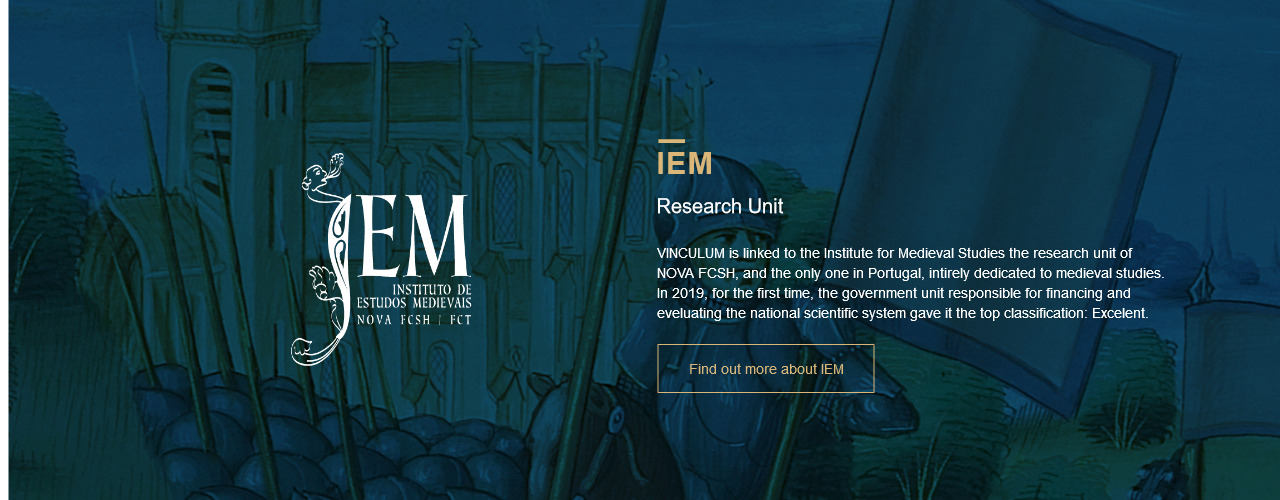VINCULUM
Entailing Perpetuity: Family, Power, Identity.
The Social Agency of a Corporate Body (Southern Europe, 14th-17th Centuries) is a five year research project funded by an ERC Consolidator grant [2019-2024].
VINCULUM. Entailing Perpetuity: Family, Power, Identity.
The Social Agency of a Corporate Body (Southern Europe, 14th-17th Centuries) is a five year research project funded by an ERC Consolidator grant [2019-2024].

Entailment has been one of the most influent social practices in premodern Southern European societies.
Despite its importance, it has not yet been studied deeply and extensively or theoretically reframed.
VINCULUM aims at filling this void.
Entailment has been one of the most influent social practices in premodern Southern European societies.
Despite its importance, it has not yet been studied deeply and extensively or theoretically reframed.
VINCULUM aims at filling this void.
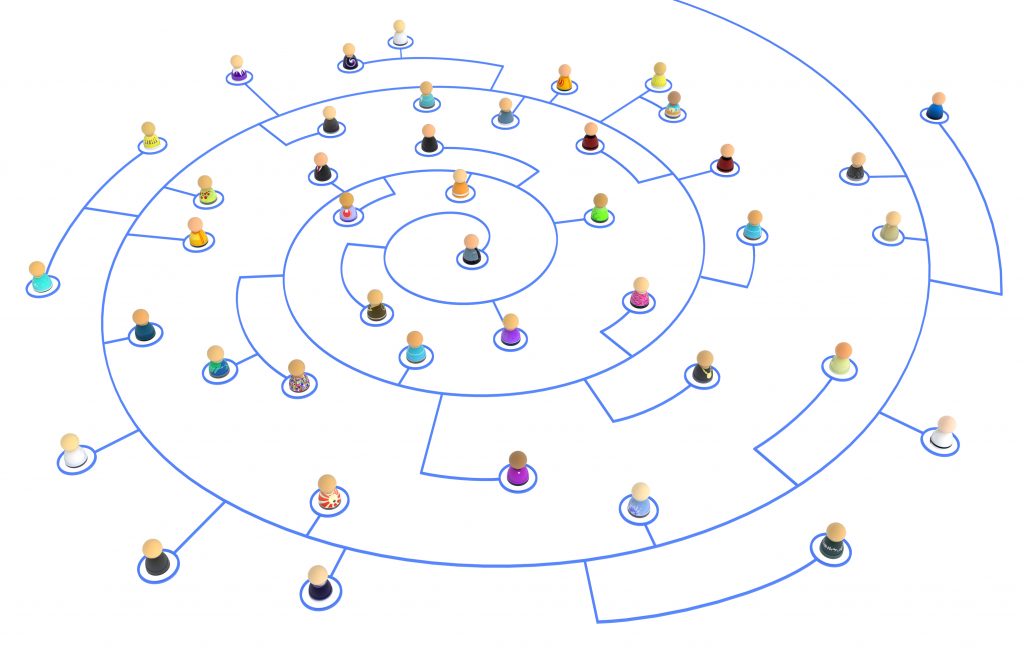
Why entailment?
Few legal phenomena have been so relevant to premodern southern Europe societies as entails. The matrix of entailment organization far surpassed social solutions. It constituted a cultural phenomenon, almost genetic to society, in the societies under consideration.
VINCULUM aims at explain how entailment became possible, how it functioned, and why it lasted for so many centuries.
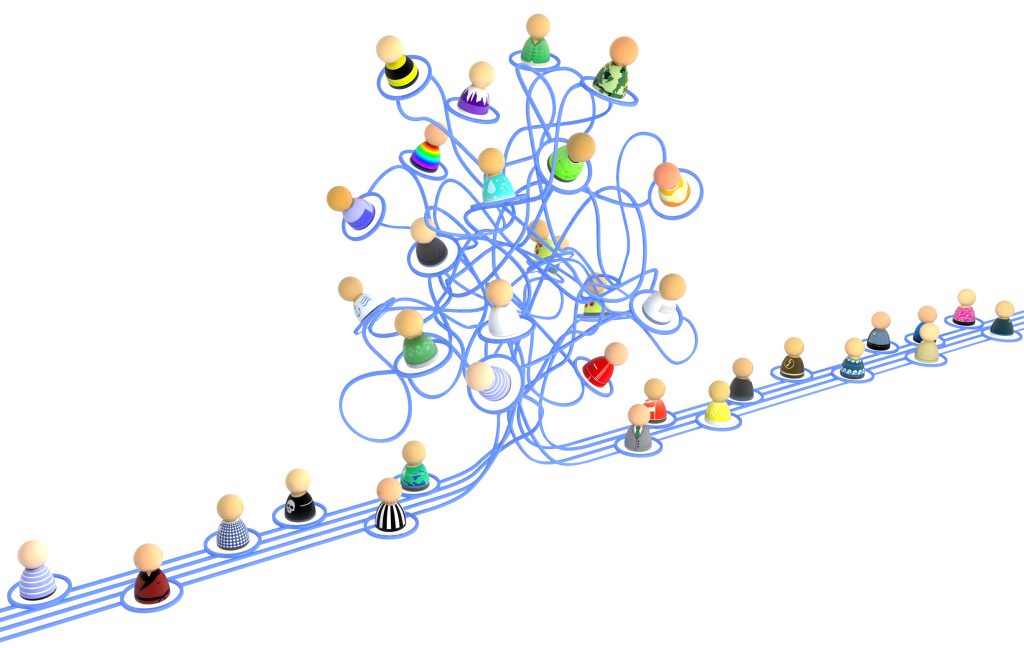
What were entails?
In a broad and first definition, entails were entities present in multiple traditional societies. They can be defined as a legal institution that framed kinship structures and organized heritage transmission, mainly by benefitting the eldest male son and by preventing lineage voids and breaks.
Entails were created to assure power continuity, to grant social, political and legal autonomy to families, to allow control of wealth (both material and symbolic), to create social boundaries, to resist trends of central power strengthening. In Iberian kingdoms, they were also very important to organize colonial appropriation of land.
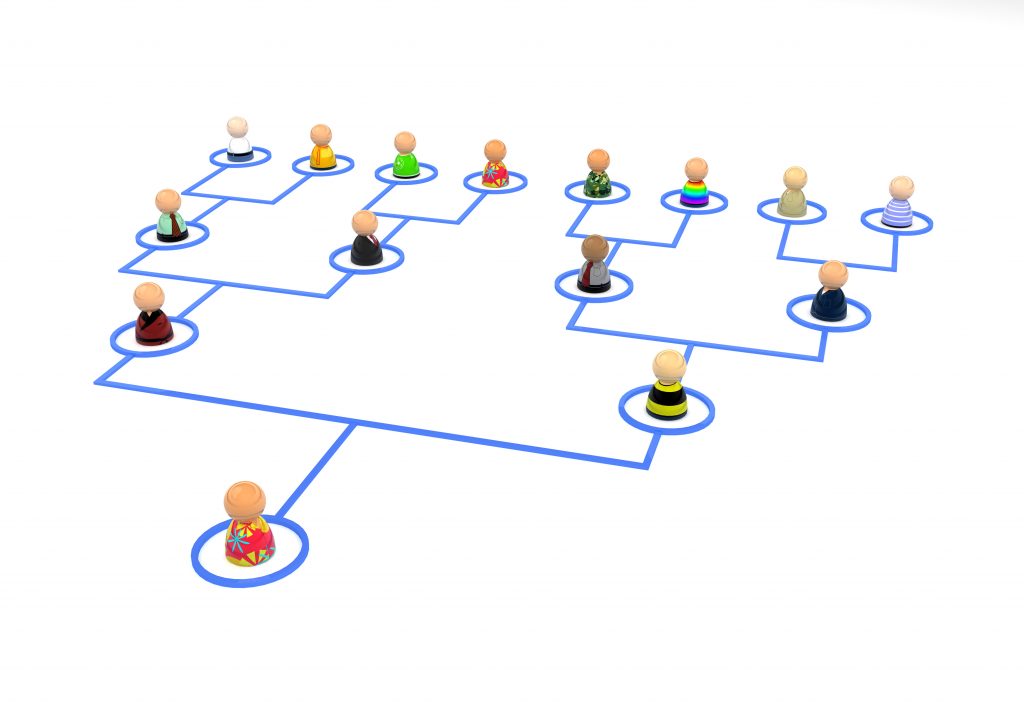
How to analyse entailment?
Following theoretical and methodological perspectives from anthropological history, respecting phenomena of societal alterity, and considering entailment as an example of an embedded phenomenon.
Valuing an enormous archival wealth, part of which I’ve been disclosing in the last years, but that risks disappearing.
Reaching fundamental issues of «Other Pasts» of European history – social inequality and economy restraints, but also redistribution morality and economic alterity; compelling social bonds but also corporate autonomy.
A set of ambitious questions
Will it be somehow possible to configure pre-modern kinship-based corporate bodies and dead legal personae as interlocutors of the enquiries, in order to listen to the entails’ voices through the shadows of modernity’s discourse? To grasp the vision of both the founder, the heir, and the excluded; to pay attention to the laity’s secular fight to care for their own dead and to control kinship, its main form of institutional structuring, against the Church’s efforts to inhibit and control?
Globally, will the usage of such perspectives allow for a historical analysis less constrained by presentism or evolutionism, respecting alterity while also preventing exoticism?
Finally, can these perspectives help empower medievalists and modernist historians in their capabilities to contribute to theoretical work in the Social Sciences?
Departing from traditional explanations
Entailment has so far been studied either from one-sided perspectives (legal, social, cultural) that play down its wholeness, or from the point of view of local monographs that scarcely problematize the broader issues. Only by considering the whole can the phenomenon be understood, the more so because the autonomy of the spheres of politics, economy, society, religion, etc., corresponds to an epistemological paradigm belonging to modern societies. Departing from the Portuguese-Iberian case, VINCULUM proposes to study ‘entailment’ as a diverse but pivotal practice, one embedded in law, aristocratic discourse, and kinship-based organization, and to craft a definition that takes into account this global nature.
The research aims also at breaking temporal and spatial boundaries traditional in academic research, which prevent a more accurate perception of social change (medieval / modern, the Continent / Atlantic space; medieval history / history of maritime expansion / modern (continental) history. By refusing such conventional barriers, VINCULUM intends to observe, in the long run, how entail institutions came to settle in society, slowly and progressively replacing forms of egalitarian heritage division and predominantly horizontal family structures.
Conceptualizing entails
The conceptualization of entails as corporate bodies endowed with social agency aims to respect its fundamental institutional nature and to prevent the fragmentation of its components, in line with the experimental concept and with the theoretical proposal of the project.
Entailment provided a brand for the group that lived around the entails – seat, name, symbols, internal norms created to govern internal and external relations, a script and legal forms for using wealth and for the prevention of its loss. It was reproduction-oriented. It embodied the model par excellence of nobility and as such ruled over the way to maintain or achieve it.
To understand this objective, VINCULUM will analyse entails’ basic components, which functioned together to achieve the institution’s aim: structuring a specific kind of family, maintaining or gaining power, lasting perpetually around the same essential origin.
The central structure of the research program is designed around what are defined as the central components of the agency of the entailment corporate body – kinship, power, identity – in order to propose a new concept for the phenomenon.
The images on this website are not “historically themed” – on purpose. Instead, we have chosen modern and abstract graphic elements that evoke in images the historiographic core of the project: to theorize an important historical phenomenon by developing a set of hypotheses and reaching abstract, general and interpretative answers. While we seek to deepen knowledge of historical particulars, we seek to transcend monographic research as an end in itself.
In a modest way, VINCULUM thus pays homage to and wishes to follow the approach of the “Histoire-problème”, as formulated by one the most innovative groups in the history of the historiographic thought, the «École des Annales». This group’s leading figure, the medievalist Marc Bloch, has inspired many generations of students to become historians through his book Apologie pour l’histoire ou Métier d’historien. This inquisitive approach to reality, through scientific thought, is, after all, at the core of the ERC existence.



